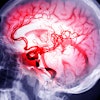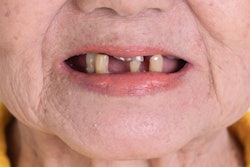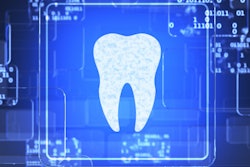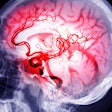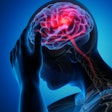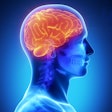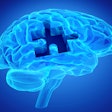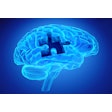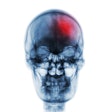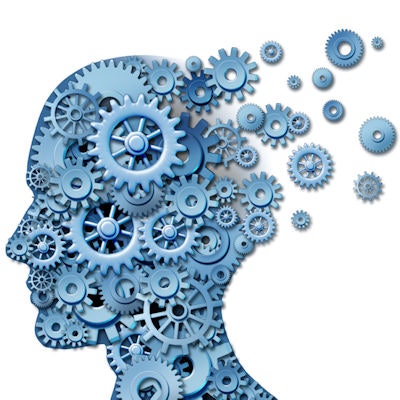
Researchers have identified the relationship between occlusion and brain activity in a study published recently in the Saudi Dental Journal. Their review of 12 studies indicates that changes in occlusion can affect a part of the brain that controls movements.
Neuroimaging methods have shown that mastication activates parts of the somatosensory, supplementary motor, and insular cortices in the brain, but there has been little evidence about the relationship between the stomatognathic system and brain activity.
Researchers analyzed 12 relevant case-control studies, clinical trials, and systematic reviews from online databases. The findings indicate that changes in occlusion affect the sensorimotor cortex, which controls movement on the contralateral side of the body.
"It is speculated that occlusion could play an important role in the development of diseases, from anxiety and stress to Alzheimer's disease and senile dementia," wrote the study authors, led by Sebastian Silva Ulloa of the University of Cuenca in Ecuador (Saudi Dent J, September 16, 2022).
One way that the bite and brain function are linked is through mechanoreceptors in the periodontal ligament. These receptors bridge the gap of communication between the teeth and the brain. At the orofacial level, mechanoreceptors have two primary purposes: One, they transmit information for the control of motor functions, and two; they relay information regarding the texture of food.
"Alterations in mechanoreceptor stimulation result in a reduction of chewing forces and a lack of control of mandibular movements," explained the study's authors.
Chewing, in particular, is an important link between the mouth and the mind. Chewing can improve cognitive ability and is beneficial to memory, because it activates the somatosensory cortex, the supplementary motor area, the insular cortex, the prefrontal cortex, and the hippocampus.
However, previous studies have shown that "reduced chewing caused by occlusal disharmony, tooth loss, improper dentures, or decreased bite force may impair cognition, including working memory, and actively manipulate retained information, thus constituting a risk factor for dementia," the authors wrote.
Because chewing plays a critical role in brain health, impaired chewing is considered a risk factor for Alzheimer's disease, senile dementia, and stress disorders. The latter two conditions are associated with memory and learning impairments, the authors noted.
Previous studies have also shown that morphological changes in the hippocampus and cell proliferation in the dentate gyrus follow the loss of molars. These alterations in the hippocampus are similar to those seen in age-related changes.
Furthermore, movements during occlusion show altered brain control following splint therapy. The brain training induced by occlusal guards may be one of the main reasons for this, according to the researchers.
"Oral tactile stimuli would likely change in the presence of an occlusal guard, which is a foreign object inside the mouth," wrote the study authors.
For the authors, one of the key takeaways of their research is that dentists should consider how changing occlusion for chewing may affect the areas in the brain that are responsible for memory, learning, pain, and anxiety.
"This suggests that mastication maintains the integrity of certain brain areas and that it may be a key factor in the onset of neurodegenerative diseases," the authors concluded.
